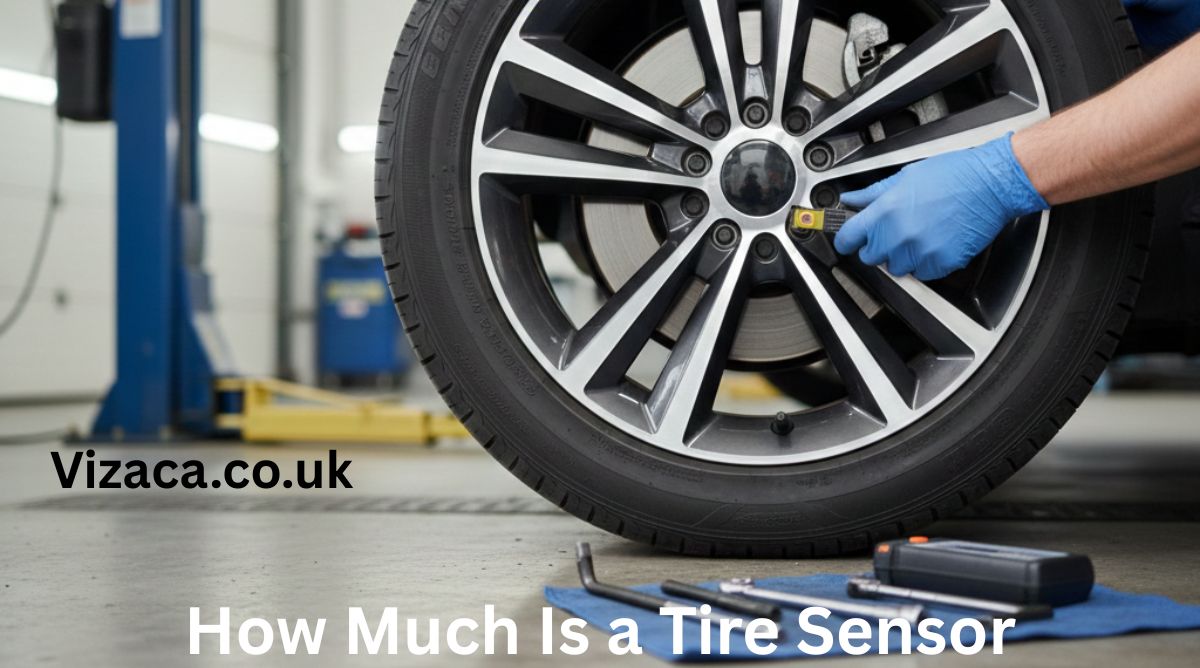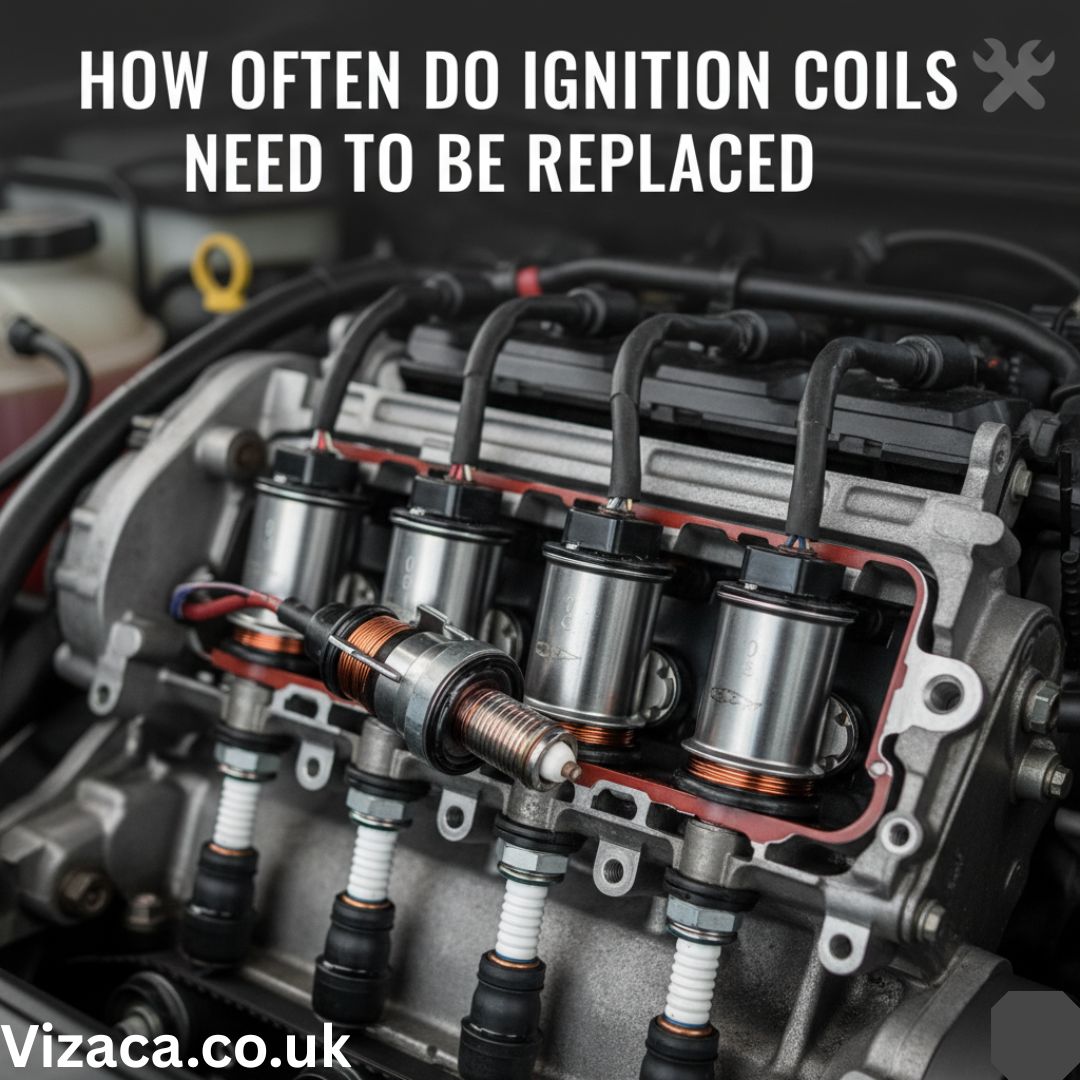Yes, running your car’s air conditioner does use more gas.
That’s because your vehicle’s AC compressor is powered by the engine, and when the AC is on, the engine has to work harder—burning more fuel in the process.
Let’s break down why it happens, how much gas it actually uses, and when it matters most.
Why the AC Uses Gas
🔧 The Role of the Compressor
When you turn on your air conditioning, the compressor engages to circulate refrigerant through the system. This process:
- Adds extra load to the engine
- Requires additional power
- Leads to increased fuel consumption
In most gasoline vehicles, this load translates directly to more gas usage—especially in city driving.
How Much Gas Does the AC Use?
On average:
- AC use can reduce fuel efficiency by 5% to 10%
- That equals a drop of 1–3 MPG, depending on the vehicle and driving conditions
- Idling with the AC running can consume 0.2 to 0.5 gallons of fuel per hour
So, while it’s not a huge difference for short trips, it adds up over time—especially in hot climates or stop-and-go traffic.
When AC Uses the Most Gas
🚗 City Driving / Idling
- The engine works harder at lower speeds
- AC adds more noticeable strain
- Fuel economy drops the most here
🛣️ Highway Driving
- The engine runs more efficiently at higher speeds
- AC still uses gas, but the impact is smaller
What About Hybrid and Electric Cars?
✅ Hybrids
- Some use electric compressors, so AC can run without the gas engine
- Still affects overall fuel economy, but not as much
⚡ EVs (Electric Vehicles)
- AC uses battery power, not gas
- It doesn’t burn fuel, but reduces your driving range
Fuel-Saving Tips When Using AC
- Use recirculate mode to cool the cabin faster and reduce compressor load
- Open windows at low speeds (but not on the highway)
- Park in the shade or use a windshield sunshade to lower interior temp
- Turn the AC off once the cabin is cool and use the fan only
FAQs
Does using AC use more gas than rolling down windows?
- At low speeds: Open windows are more efficient
- At high speeds: Open windows increase drag, which can hurt fuel economy more than using AC
Is it bad to use the AC all the time?
No—but it does consume more fuel. It’s safe to use regularly, but overuse during idling or short trips can reduce MPG.
Does AC use more gas than heat?
Yes. Heat uses engine heat that’s already being generated, so it doesn’t need extra fuel. AC needs compressor power, which costs fuel.
Final Thoughts
Yes, running your car’s AC does use more gas, but how much depends on your driving habits, vehicle type, and climate.
It’s not enough to break the bank—but if you’re trying to save fuel, using the AC wisely (and only when needed) can help stretch your mileage.










